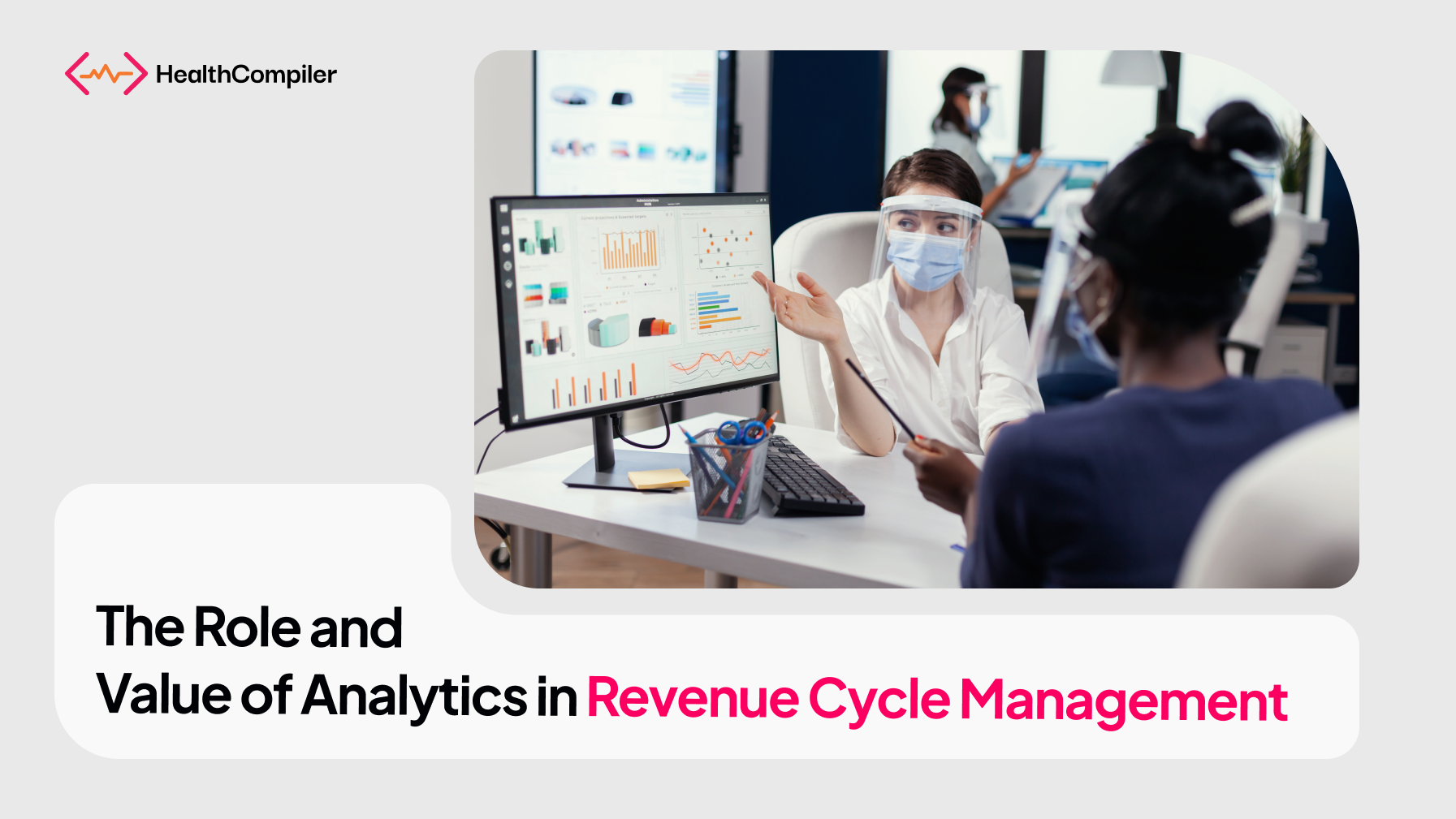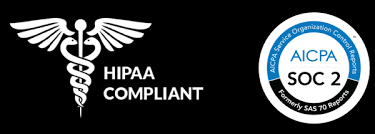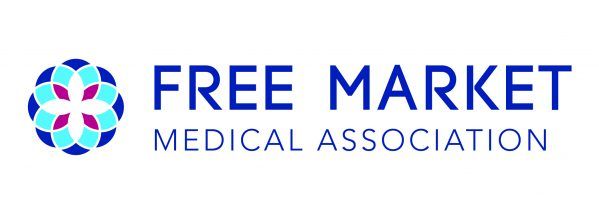The Role and Value of Analytics in Revenue Cycle Management

In the complex landscape of healthcare, Revenue Cycle Management (RCM) is essential for ensuring financial health. As organizations strive to optimize their RCM processes, the integration of data analytics has emerged as a transformative tool. By leveraging analytics, healthcare providers can gain critical insights into their financial operations, identify inefficiencies, and enhance overall revenue performance.
Understanding Revenue Cycle Analytics
Revenue Cycle Analytics refers to the systematic collection, analysis, and interpretation of financial and operational data throughout the revenue cycle. This includes everything from patient registration to payment collection. The goal is to provide actionable insights that can help organizations streamline processes, reduce errors, and ultimately improve financial outcomes.
Key Benefits of Analytics in RCM
Identifying Inefficiencies: Analytics helps uncover bottlenecks in billing and claims processes. By analyzing data trends, organizations can pinpoint recurring issues that lead to delays or denials, allowing for targeted improvements.
Reducing Claim Denials: A significant portion of revenue loss in healthcare comes from claim denials. Data analytics can track denial rates and reasons, enabling organizations to adjust their practices accordingly. Studies indicate that advanced analytics can reduce denial rates by up to 20%.
Enhancing Revenue Capture: By providing insights into billing errors and missed charges, analytics enables healthcare providers to optimize their reimbursement processes. This data-driven approach ensures that more revenue is captured effectively.
Improving Cash Flow: Analytics can significantly reduce the days in accounts receivable (A/R). By identifying delays in collections and streamlining billing operations, organizations can accelerate cash flow, which is vital for maintaining financial stability.
Supporting Compliance: Maintaining compliance with regulatory requirements is crucial for avoiding penalties. Revenue cycle analytics continuously monitors billing practices against compliance standards, helping organizations stay aligned with evolving regulations.
Data-Driven Decision Making: With access to comprehensive data insights, healthcare leaders can make informed decisions regarding resource allocation and process improvements. This strategic approach enhances the overall effectiveness of RCM processes.
Implementing Revenue Cycle Analytics
To effectively harness the power of analytics in RCM, healthcare organizations should consider the following steps:
Invest in Technology: Utilizing advanced analytics tools and software can facilitate data collection and analysis, making it easier to derive actionable insights.
Train Staff: Ensuring that staff are well-trained in both RCM processes and the use of analytics tools will maximize the benefits of data-driven decision-making.
Regularly Review Performance Metrics: Continuously monitoring key performance indicators (KPIs) such as denial rates and A/R days will help organizations stay proactive in addressing issues as they arise.
Conclusion
The integration of revenue cycle analytics into RCM processes is not just beneficial but essential for healthcare organizations aiming to enhance their financial performance. By leveraging data-driven insights, providers can optimize their operations, reduce inefficiencies, and ultimately achieve better financial outcomes. In a landscape where every dollar counts, analytics serves as a powerful ally in navigating the complexities of revenue cycle management.



